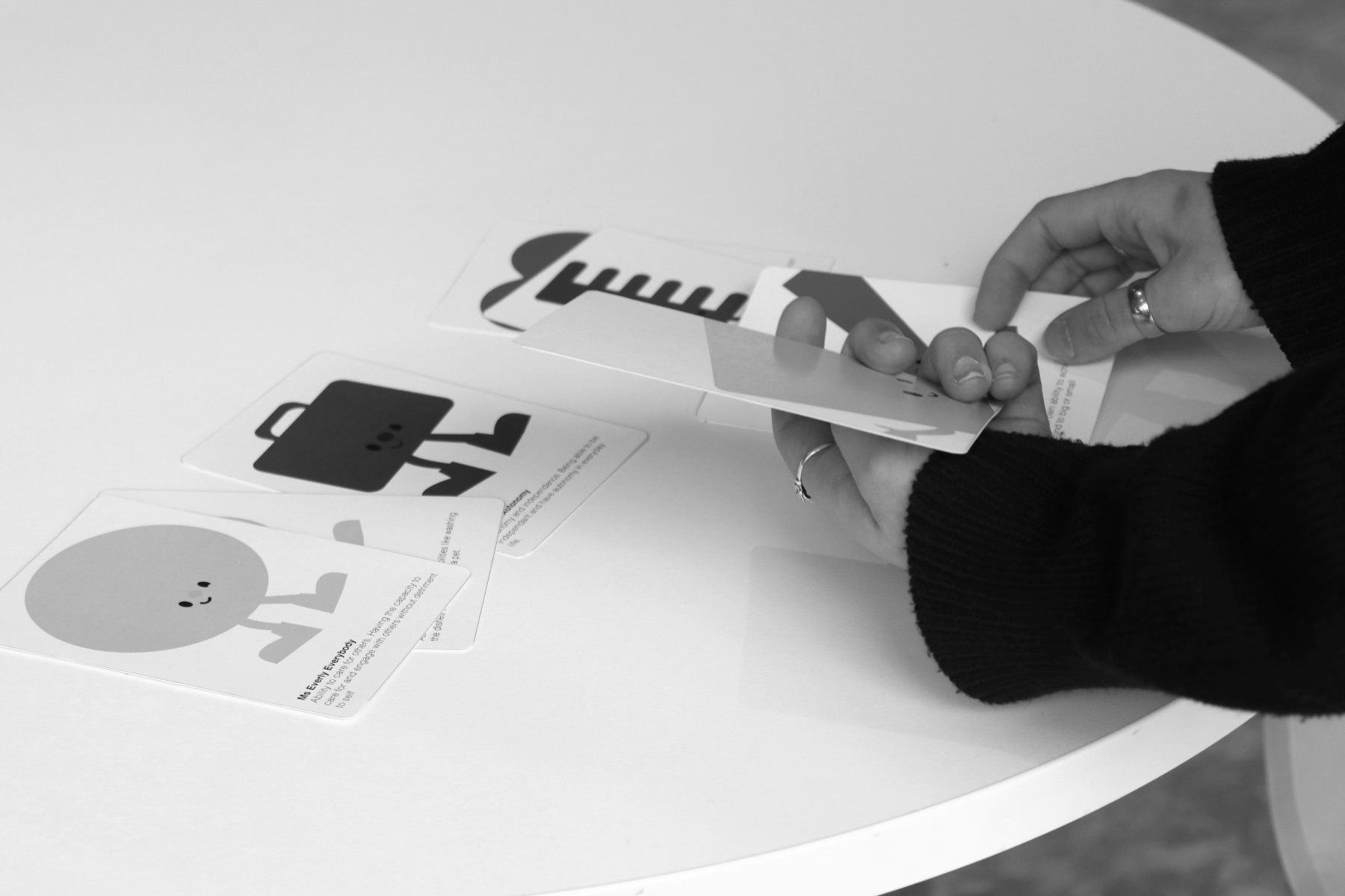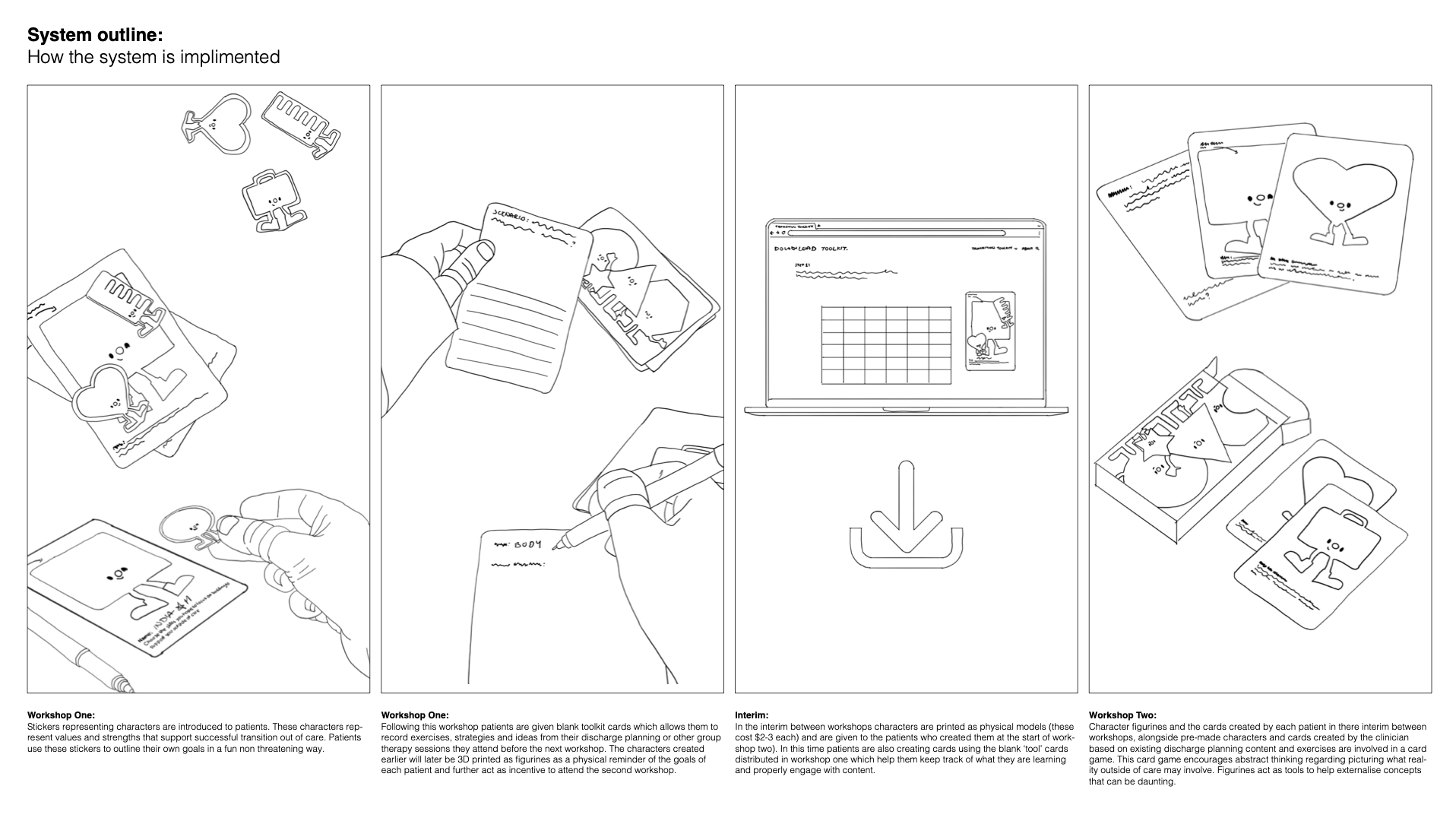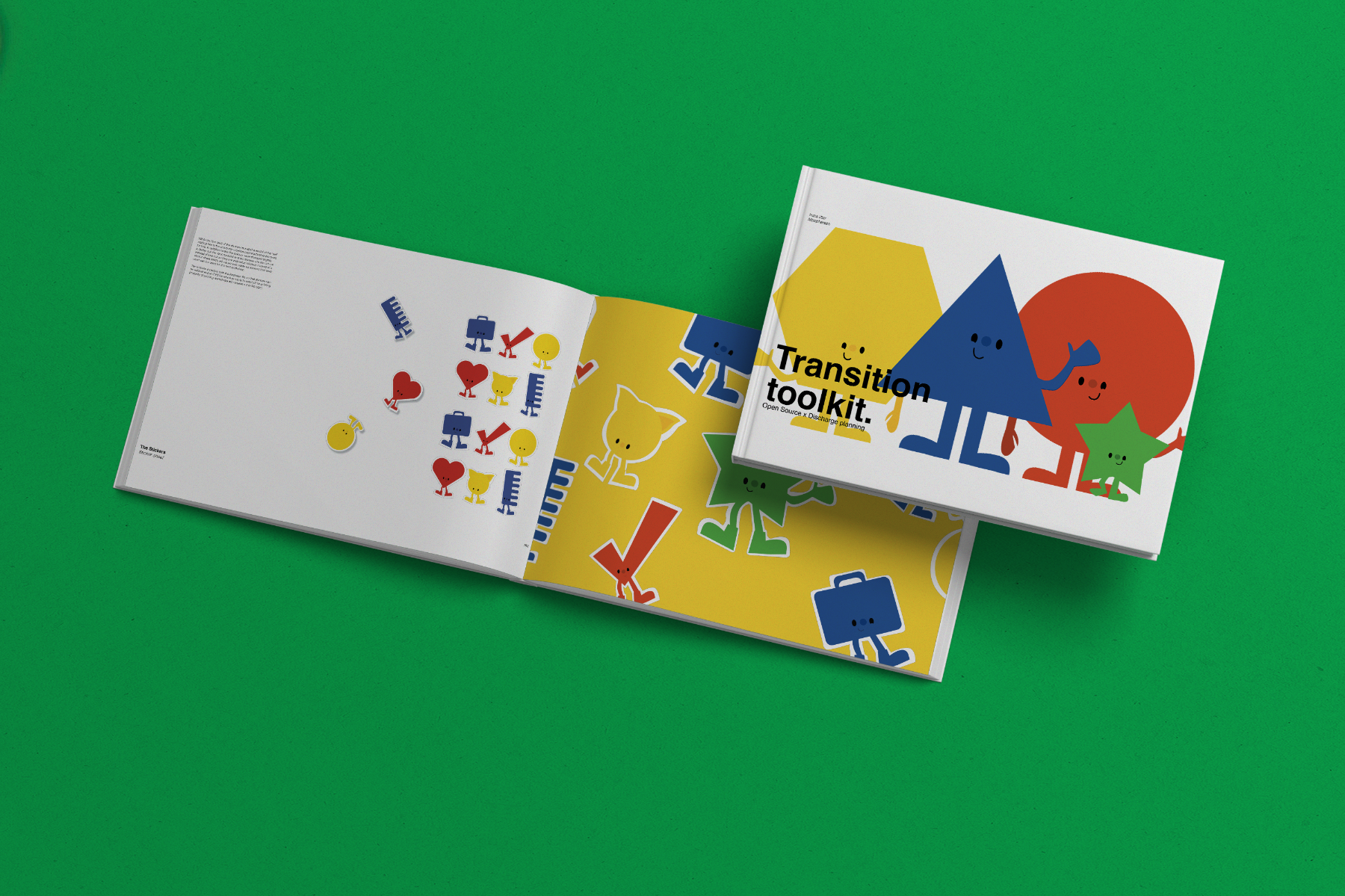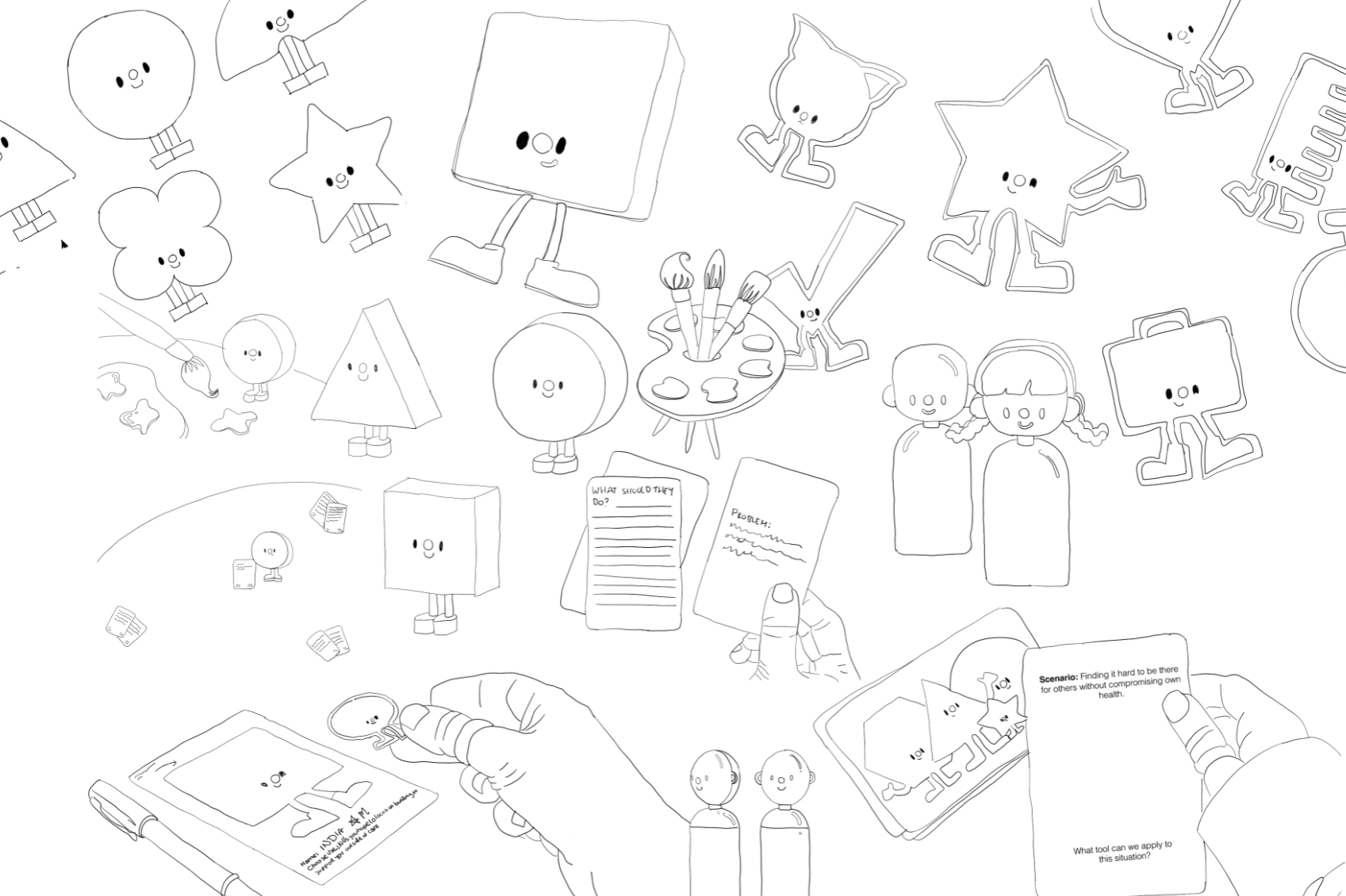India macpherson
Industrial Design BA Hons
MADA Monash University
Specialisms: Service Design / Design for Social Good / Design Research
Location: Melbourne, Australia
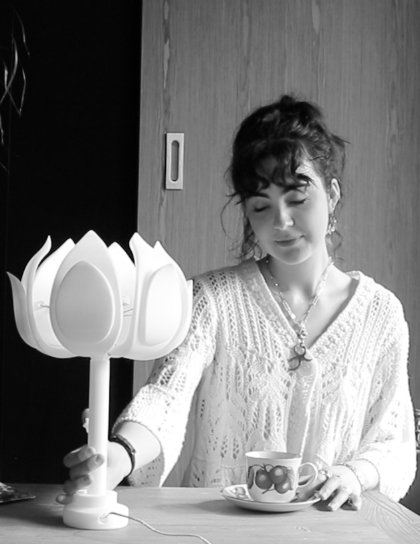
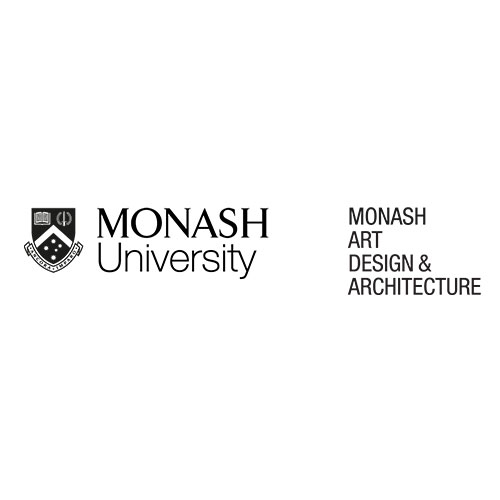
India macpherson

First Name: India
Last Name: macpherson
Specialisms: Service Design / Design for Social Good / Design Research
Sectors:
My Location: Melbourne, Australia
University / College: MADA Monash University
Course / Program Title: Industrial Design BA Hons
About
This project began in response to the question, 'How can open source design best support our mental health system?'. The period of time after leaving psychiatric inpatient care has been found to be the time of greatest risk for adverse outcomes. This product was conceptually driven through empowering patients. Transition Toolkit addresses this critical challenge by reinforcing efforts to encourage early discharge planning, while minimising stigma and fears related to returning home. In co-designing with a clinician all decisions around the final outcome were kept industry informed. This open-source system offers a customisable framework, spanning two workshops involving stickers, printed cards, and 3D printable characters. The innovative approach enhances patient engagement and seamlessly integrates into clinicians' practice, while meeting individual patient needs, and aligning with existing hospital protocols. The established theory that involvement in the making process of creating tools that are customisable to a patient's own needs can be critical to successful outcomes for that patient. Hence an added benefit of an open-source approach is that it allows customisation, seamless integration into existing protocols, and collaboration for continuous improvement.
Competitions



